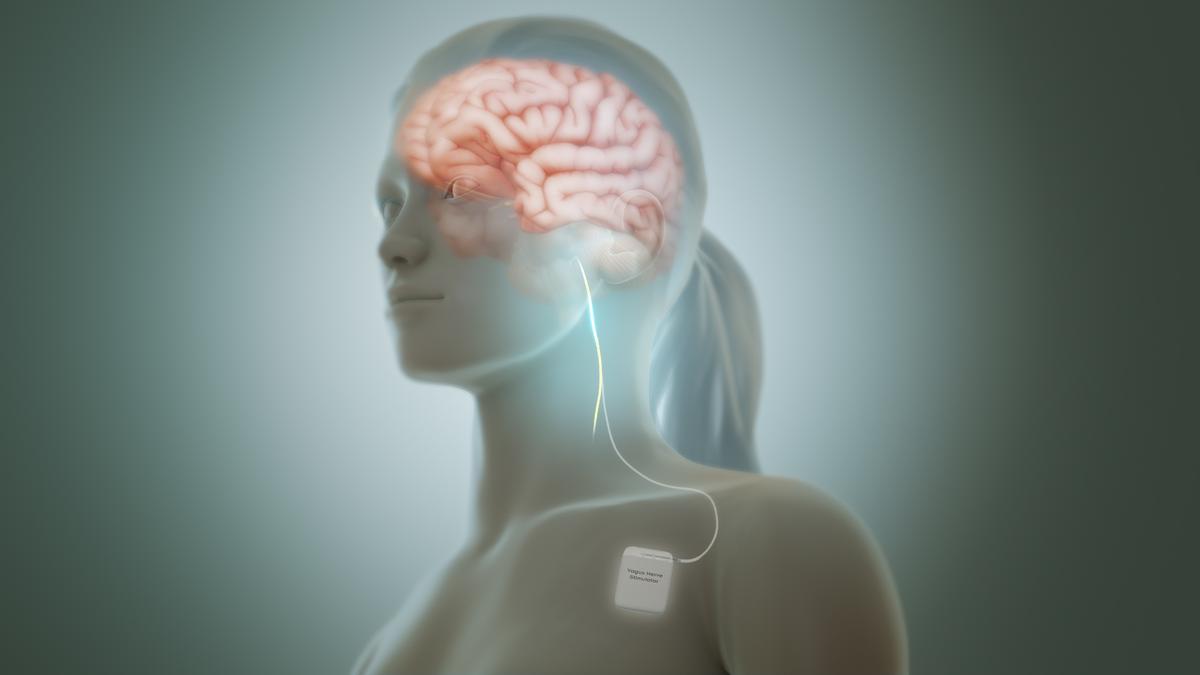



The West Bengal government suspended 12 doctors for medical negligence after expired saline administration led to a woman and her newborn's death. The Joint Platform of Doctors accused the government of ignoring fake medicines and a political conspiracy. Medical colleges and hospitals were instructed to withdraw RL saline.

Copyright infringement not intended
Picture Courtesy: The Hindu
The West Bengal government suspended 12 doctors for medical negligence in the case of expired saline administration that led to the death of a woman and her newborn child.
The Joint Platform of Doctors claimed that the real issue of fake medicines was being ignored, accusing the government of a political conspiracy to distract the public from the core problem.
Concerns were raised about the quality of the RL saline, which was supplied by Paschim Banga Pharmaceuticals. This company had previously been flagged by the Karnataka Health Department for causing maternal deaths.
On January 14, the West Bengal government issued a notice instructing all medical colleges and hospitals to withdraw and not use any RL saline from Paschim Banga Pharmaceuticals, even if it was available in stock, due to concerns over its quality.
IV fluids are specially formulated liquids that are injected directly into a vein.
They are mainly used to treat or prevent dehydration.
People of all ages, whether sick, injured, dehydrated from exercise or heat, or undergoing surgery, can benefit from IV fluids.
The procedure is simple, safe, and common, with a very low risk of complications.
IV fluids usually contain water, glucose (which is sugar), and electrolytes like potassium, sodium, and chloride.
These ingredients help restore the body's fluid balance and provide energy and essential nutrients.
Sometimes, more than one type of fluid can be given at the same time through the same IV.
There are two main types of IV fluids: crystalloid solutions and colloid solutions.
Crystalloid solutions are the most common type of IV fluid. These fluids contain small, dissolved molecules that easily pass from the bloodstream into tissues and cells. As a result, they are readily available for the body's cells to use. Common examples include:
Colloid solutions contain larger molecules that cannot easily pass through cell membranes. These solutions tend to stay in the blood vessels, which means they help maintain blood volume and pressure.
They are more likely to stay within the bloodstream, unlike crystalloid solutions. Some examples are:
IV fluids are used to treat dehydration, which can affect the body's balance of electrolytes, energy levels, and cognitive performance.
They can also treat electrolyte imbalances.
V fluids are a safe and common procedure with a low risk of complications.
They play a vital role in maintaining cellular homeostasis in hospitalized patients.
IV fluids should be stopped when the patient can eat and drink normally.
Must Read Articles:
Source:
|
PRACTICE QUESTION Q Analyze the impact of privatization on the quality of healthcare services in India. 150 words |






© 2025 iasgyan. All right reserved